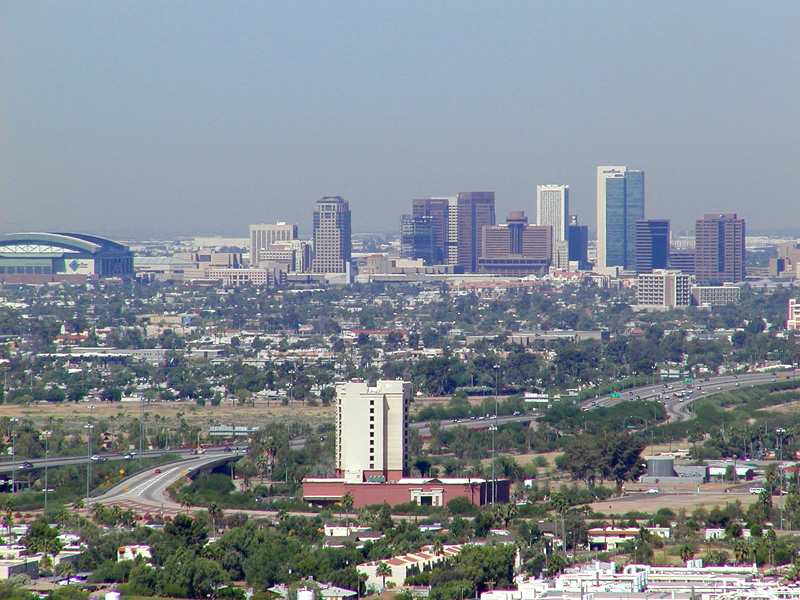In the first year after legalizing adult use, Arizona’s cannabis industry brought in over a billion dollars.
According to Arizona’s Office of Economic Research and Analysis, the state made more than US$1.2 billion last year from recreational and medical cannabis sales combined. As a result, the state collected US$196 million in tax revenue.
Recreational pot sales totalled around US$528 million, while medical cannabis made close to US$704 million.
For adult-use sales, November was the strongest month with $60 million in sales, while the most profitable month for medical was April with US$72 million in sales.
The state’s excise tax is 16 per cent on retail sales as well as a transaction privilege tax (TPT) rate. According to the Arizona Marijuana Tax Handbook, medical marijuana patients are required to pay around 5 per cent for the TPT tax, while recreational users pay both.
More than US$7.3 million in taxes went towards education, funding tutoring programs, workforce development and a classroom site fund for teacher pay.
Read more: Are Canadian cannabis sales plateauing?
Read more: Sales spikes and other Halloween cannabis data trends with BDSA
In 2020, Arizona passed Proposition 207, which made recreational cannabis legal for adults over 21. Medical cannabis has been legal since 2010. Along with Arizona, Montana and New Jersey legalized recreational cannabis on Election Day 2020 via ballots.
In their first year after legalization, Nevada saw US$425 million, Colorado US$292 million and Oregon US$354 million in sales.
In Canada, recreational cannabis was legalized in 2018 and in the first year of sales, Quebec — with 8.5 million residents compared to Arizona’s 7.3 million — saw around $195 million (US$155 million), more than four times less than The Grand Canyon State.
Canada’s largest province, Ontario, saw roughly $217 million (US$172 million) in sales from its 14.6 million residents.
But Quebec has a provincial monopoly on pot distribution and retail, with a relatively small number of retail locations. Ontario has a mixed model of publicly owned distribution with both public and private retail. Private stores were limited by a lottery system before 2020, and have vastly expanded since that model was scrapped.
Canada currently doesn’t allow storefront sales of medical cannabis.
Follow Natalia Buendia Calvillo on Twitter
natalia@mugglehead.com














